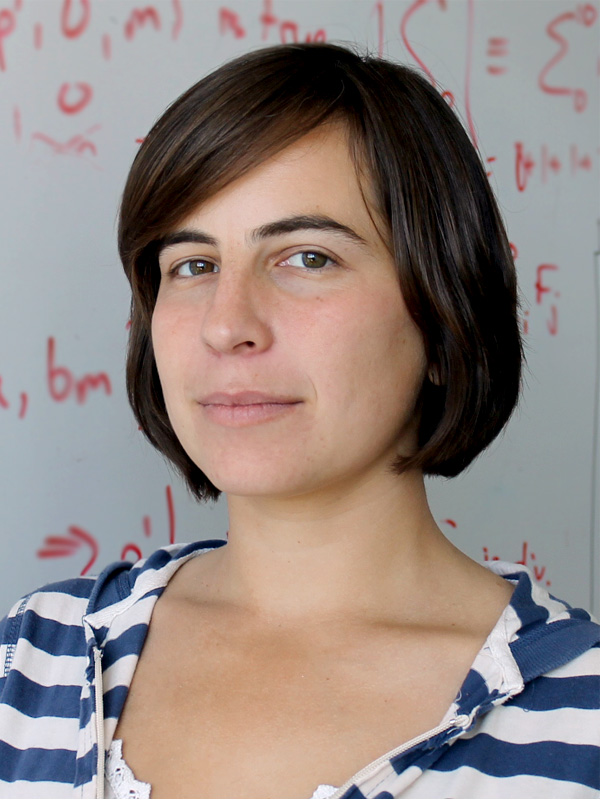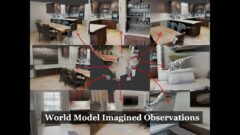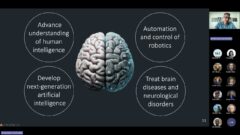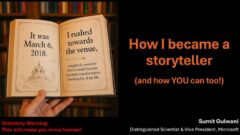A Neurally-Inspired Model of Habit and its Empirical Implications
- Colin Camerer | California Institute of Technology
The busy human brain creates fast, low-cost habits when choices are frequent and are providing stable rewards. Using evidence from animal learning and cognitive neuroscience, we model a two-controller system in which habit and model-based choice coexist. The key inputs are reward prediction error (RPE) and the absolute magnitude of RPE. As the RPEs from a choice move toward zero, habits form. When the magnitude of averaged RPE exceeds a threshold, habits are overridden by model-based choice. The model contrasts with long-standing approach in economics (which relies on complementarity of consumption choice) and has several interesting properties that can be tested with behavioral and cognitive data.
-
-

Nicole Immorlica
Senior Principal Research Manager
-
-
接下来观看
-
-
-
-
-
VoluMe: Authentic 3D Video Calls from Live Gaussian Splat Prediction
- Antonio Criminisi,
- Charlie Hewitt,
- Marek Kowalski (HE/HIM)
-
Women in Data Science Fireside Chat with Ilda Ladeira, Karin Kimbrough and Lisa Cohen
- Shijing Fang,
- Ilda Ladeira,
- Karin Kimbrough
-
-
-
Workshop: Unlocking Africa's Artificial Intelligence Potential for a Prosperous Future
- Professor Landry Signé
-










